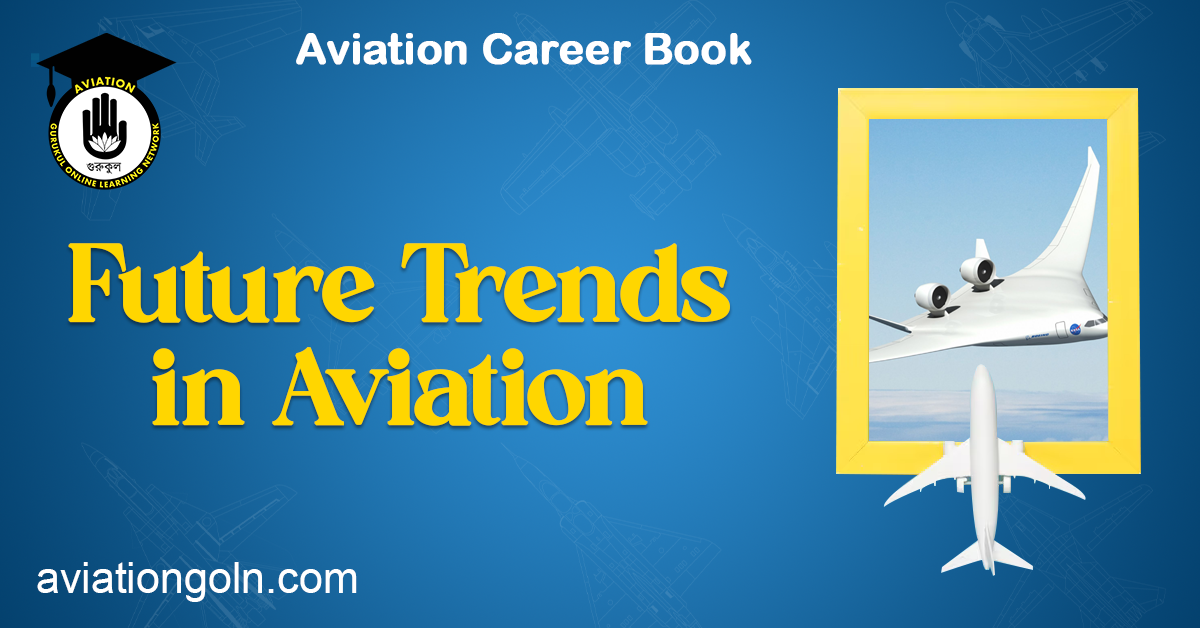Future Trends in Aviation: As the world of aviation expands and evolves, it is not just limited to commercial airliners or military jets. A new horizon has dawned upon us with drone technologies and futuristic aviation solutions leading the charge. This not only changes how we see and utilize airspace but also creates a plethora of job opportunities for enthusiasts and professionals alike. Let’s delve into the future trends in aviation and explore the new career paths taking shape.
Future Trends in Aviation: Drone and Future Aviation Technologies Careers

1. Drone Technology and Its Surge
The last decade has seen an exponential rise in the popularity and utility of drones. From photography to agriculture, from military applications to e-commerce deliveries, drones are revolutionizing industries.
1.1 Commercial Use of Drones
With companies like Amazon piloting drone deliveries, the commercial prospects for drones are undeniable. Drones are also finding applications in agriculture for crop monitoring, in real estate for aerial photography, and in infrastructure for inspecting hard-to-reach places.
1.2 Personal and Recreational Use
Drone racing is emerging as a new sport. Filmmakers and photographers are increasngly relying on drones to capture breathtaking aerial shots. The hobbyist community around drones is burgeoning, driving the demand for drone trainers and repair specialists.
1.3 Regulatory and Management Aspects
With the sky becoming busier, there is an increasing need for better airspace management. This leads to career prospects in drone air traffic management, regulatory roles, and compliance officers ensuring the safe and legal use of drones.

2. Futuristic Aviation Solutions
Apart from drones, aviation is witnessing a radical shift with the introduction of urban air mobility solutions, electric aircraft, and increased automation.
2.1 Urban Air Mobility (UAM)
The congestion in urban environments has given rise to the idea of UAM. Companies are working on electric vertical takeoff and landing (eVTOL) vehicles. These air taxis, once realized, will need pilots, maintenance crews, traffic managers, and infrastructure specialists.

2.2 Electrification of Aircraft
The push for sustainable solutions is driving research in electric aircraft. These aircraft, though in nascent stages, promise a greener future for aviation. Careers will encompass electric propulsion specialists, battery experts, and electric avionics technicians.
2.3 Increased Automation
Automation is a trend across industries, and aviation is no exception. While there are fears of automation replacing jobs, it’s essential to realize that it also creates roles. There will be increased demand for automation engineers, system specialists, and cybersecurity professionals to safeguard these automated systems.

3. Careers in Drones and Futuristic Aviation
The evolution in aviation is paving the way for diverse career opportunities.
3.1 Drone Pilots and Operators
With the commercial utilization of drones, there’s a growing demand for certified drone pilots. Specialized applications, like disaster relief or high-end cinematography, require skilled pilots with specialized training.
3.2 Drone Engineers and Technicians
Drones, though small, are complex machines. They need experts in aerodynamics, control systems, and electronics. The rise in drone usage propels the demand for engineers and technicians specializing in drone technology.
3.3 Air Traffic Management for Drones
As commercial drones become more prevalent, managing drone traffic becomes crucial. Professionals skilled in airspace management, particularly for low-altitude operations, will be highly sought after.
3.4 eVTOL Specialists
With UAM around the corner, there’s a demand for specialists in eVTOL technologies. This includes pilots initially (though many UAM solutions aim to be autonomous) and a vast array of ground-based roles, from maintenance to air traffic control tailored for urban environments.
3.5 Electric Propulsion Researchers
The electrification of aircraft is a game-changer. It opens avenues for researchers and engineers specialized in electric propulsion, battery technologies, and sustainable aviation solutions.
3.6 Cybersecurity in Aviation
With increased automation and reliance on digital technologies, the aviation industry is vulnerable to cyber-attacks. Cybersecurity professionals specializing in aviation systems will play a crucial role in ensuring the safety of these technologies.

4. Training and Education for the Future
As the aviation industry transforms, so does the education and training sector catering to it. Universities and institutions are already offering specialized courses in drone technology, UAM, and electric propulsion systems. Continuous learning and adapting will be the hallmarks of success in these emerging fields.

5. Challenges and Opportunities
The road to futuristic aviation is not without challenges. Regulatory hurdles, safety concerns, and technological limitations are barriers that need addressing. However, each challenge presents opportunities for problem-solvers, innovators, and pioneers ready to shape the future of aviation.

The aviation industry’s horizon is broadening at an unprecedented pace. Drones and future aviation technologies promise a sky teeming with possibilities. As we stand at this juncture, it’s exhilarating to think of the careers that will shape and be shaped by the skies of tomorrow. The sky is not the limit; it’s just the beginning!
